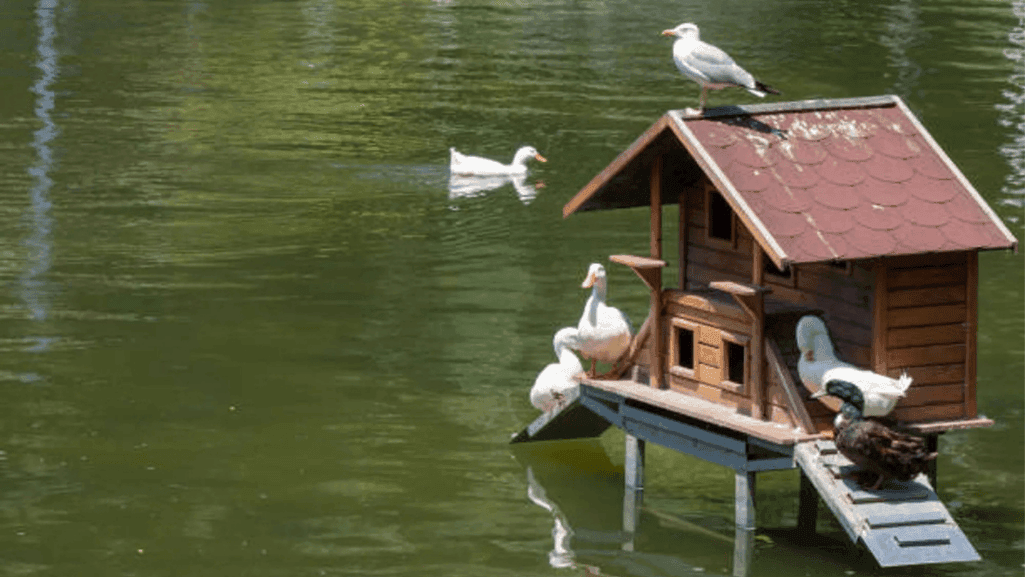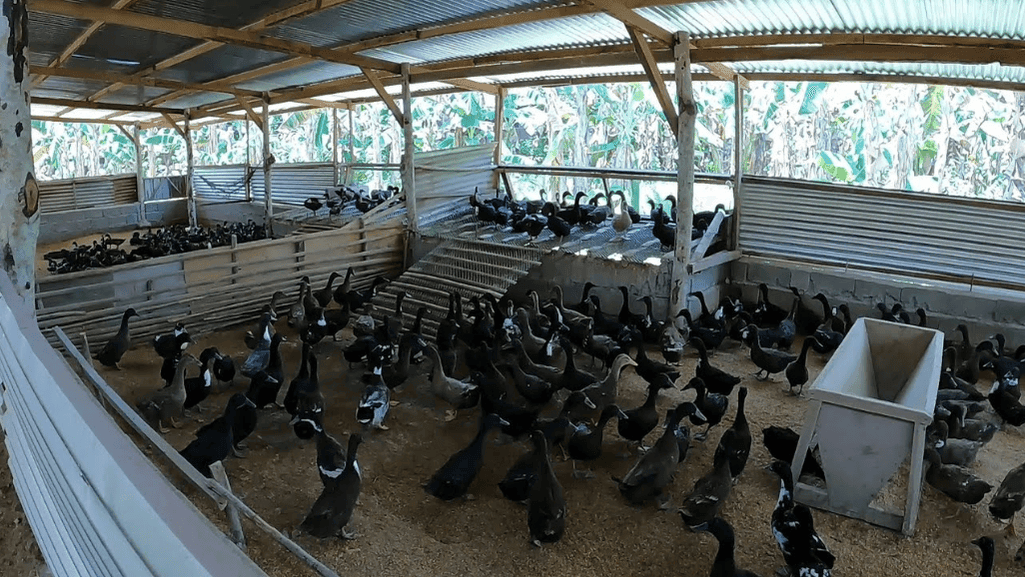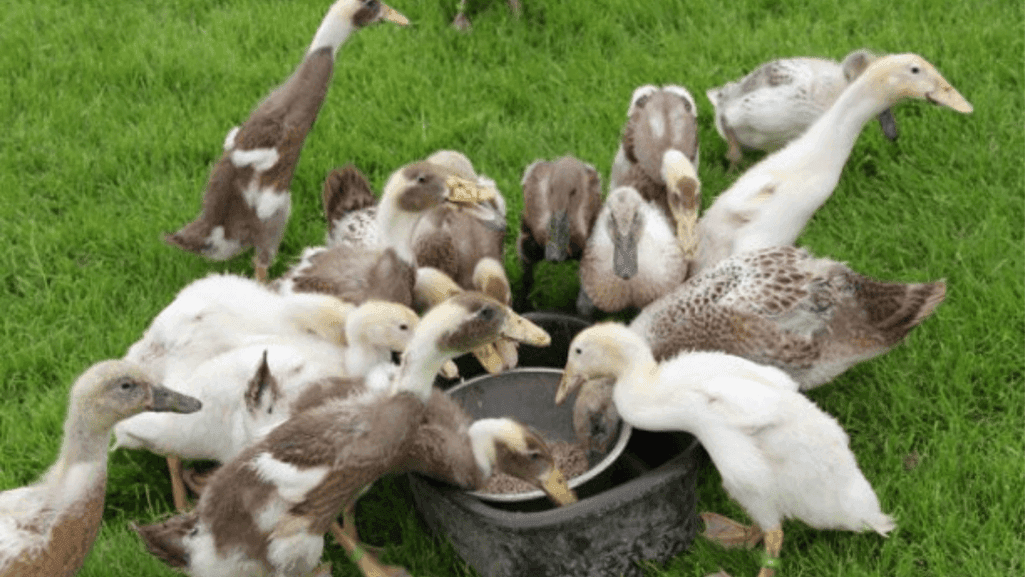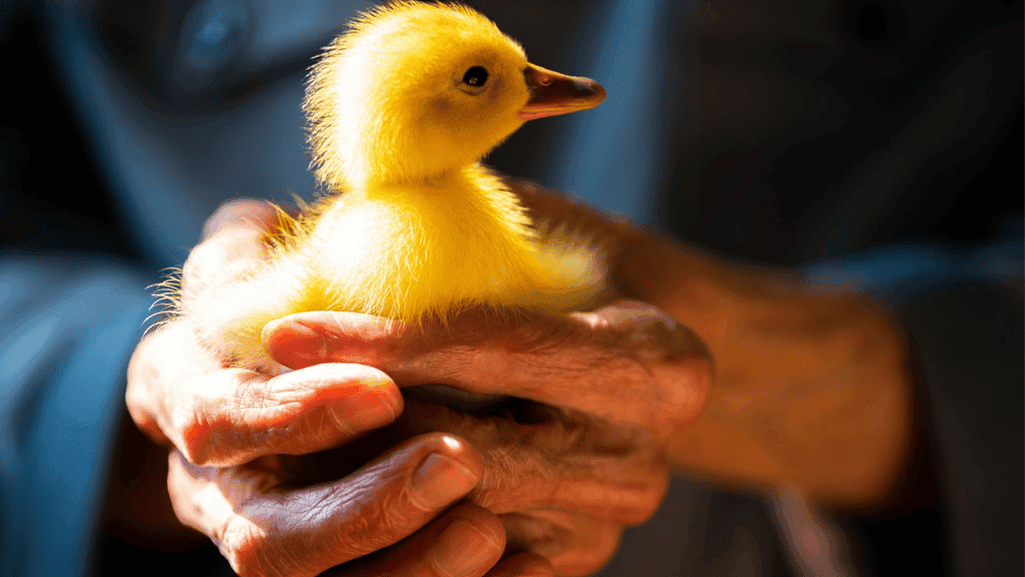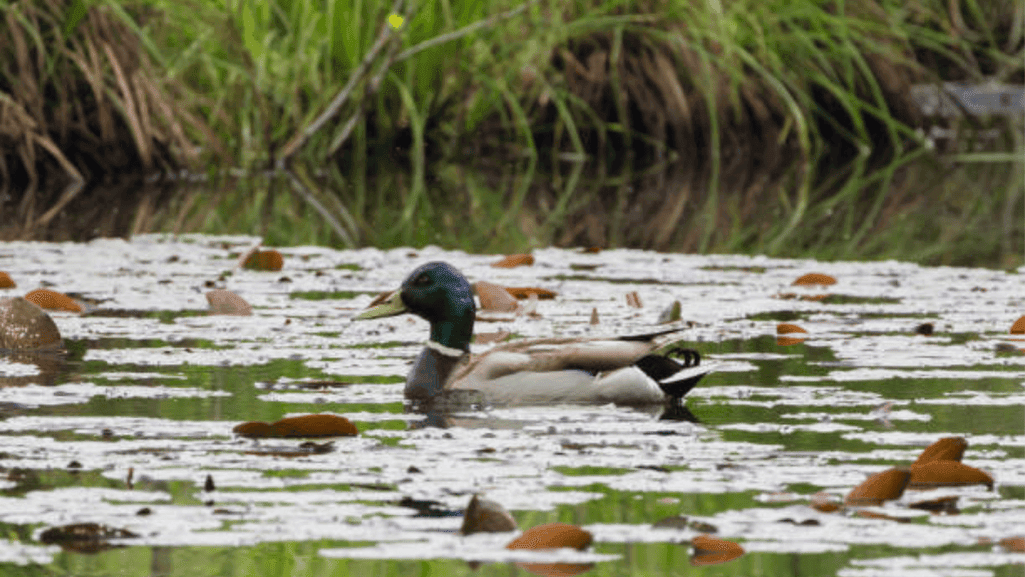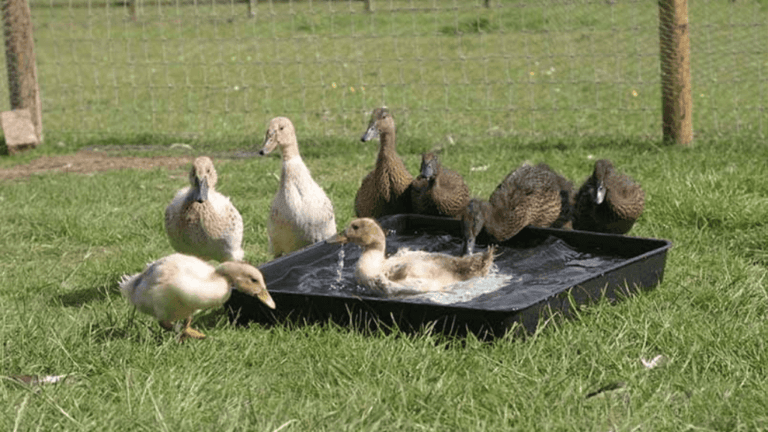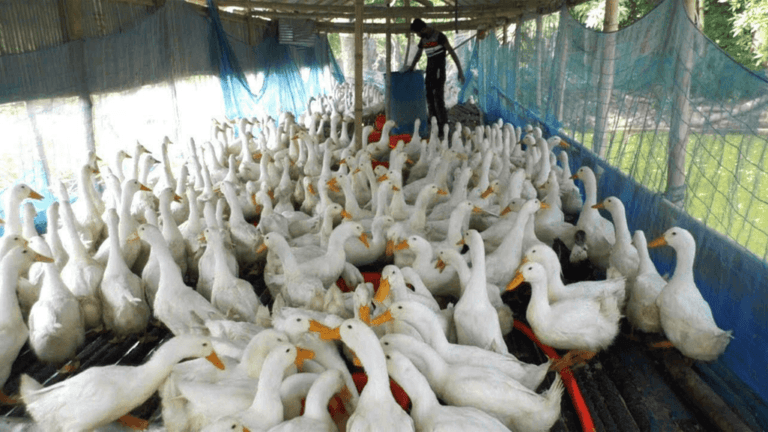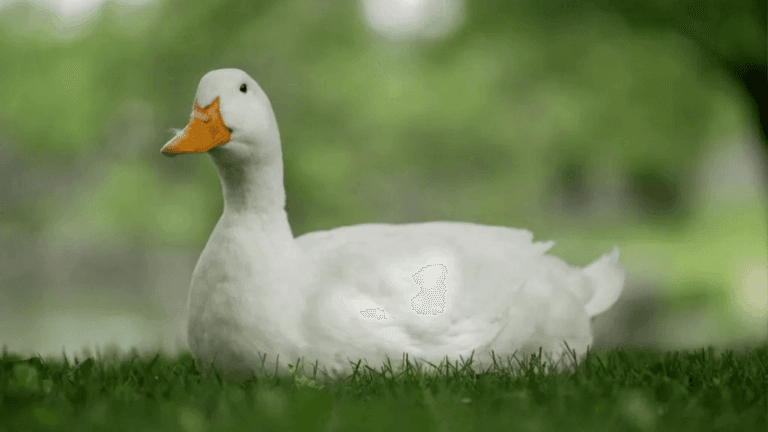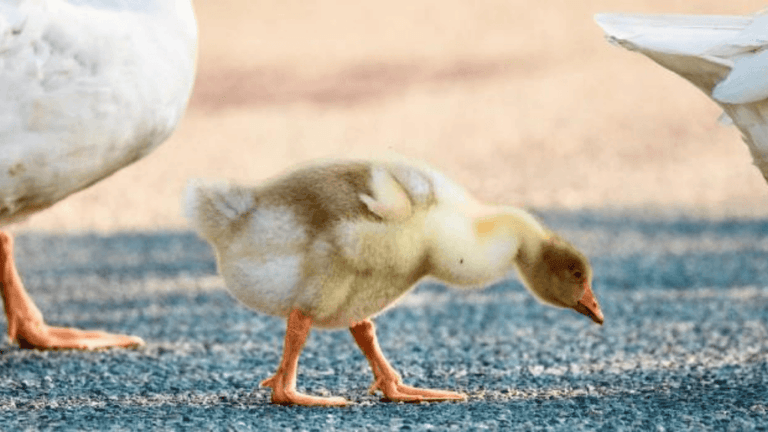Ducks at home can be a rewarding experience for those who enjoy outdoor pets. These hardy animals are known for their social nature and long lifespan, often living up to 20 years with proper care. Unlike other pets, ducks thrive in spacious environments and require specific conditions to stay healthy and happy.
Understanding their behavior is crucial. Ducks are social creatures that prefer the company of others, making it essential to keep them in pairs or small groups. They are also highly active and need ample space to roam, forage, and play. A secure outdoor area with access to clean water is vital for their well-being.
Proper housing and feeding practices are key to raising ducks successfully. They need a safe shelter to protect them from predators and harsh weather. Additionally, their diet should be balanced and nutritious to support their health and egg production. For more detailed guidance, check out this comprehensive guide on duck care.
While ducks make excellent outdoor pets, they are not suited for indoor living. Their natural behaviors, such as foraging and swimming, require an environment that mimics their natural habitat. By providing the right conditions, you can enjoy the companionship of these fascinating animals while ensuring their happiness and longevity.
Key Takeaways
- Ducks are social, long-lived animals that thrive in outdoor environments.
- They require ample space, clean water, and secure housing to stay healthy.
- Proper feeding and care are essential for their well-being and egg production.
- Ducks should be kept in pairs or small groups to meet their social needs.
- They are not suitable for indoor living due to their natural behaviors.
Understanding the Life of Ducks
Ducks are fascinating creatures with unique behaviors Ducks at Home
that often surprise new owners. These birds are more than just poultry; they have complex social lives and emotional needs. Understanding their true nature is key to providing proper care.
Fact vs. Fiction: Debunking Common Myths
Many people believe ducks are low-maintenance pets, but this is far from the truth. For example, ducklings are often mistaken for being easy to care for, but they require specific conditions to thrive. Ducklings need companionship and a natural environment to develop properly. Another myth is that ducks don’t form strong bonds, but they are highly social and can even recognize their owners over time.
Unique Behavioral Traits and Personality
Ducks are known for their playful and curious personalities. They communicate through a variety of sounds and body language, making them one of the most expressive birds. A pet duck can show affection and even exhibit signs of distress when separated from its companions. Understanding these traits helps a person adapt their care routine to ensure the duck’s well-being.
For those raising three-week-old ducklings, it’s important to provide a warm, safe, and clean environment. This ensures their rapid growth and development while fostering their social nature.
Setting Up Your Space and Shelter
Creating a safe and comfortable environment is essential for raising healthy and happy ducks. Proper planning ensures they have the space and resources they need to thrive. Whether you’re building a house or designing a garden setup, every detail matters.
Designing a Functional Duck House
A well-designed house provides shelter and security. Aim for at least 4 square feet of floor space per bird. Ensure the structure is well-ventilated to prevent moisture buildup. Ducks produce a lot of humidity, so proper airflow is crucial.
Use sturdy materials like wood or metal to deter predators. The house should have a solid roof and a door that’s easy to open and close. Adding a layer of bedding, such as straw, keeps the ground soft and comfortable.
Fencing and Predators: Keeping Your Flock Safe
Securing the area is vital to protect your ducks from predators. Use fencing that’s at least 4-6 feet high and bury it several inches into the ground. Hardware cloth is a better option than chicken wire, as it’s more durable.
Common threats include raccoons, foxes, and hawks. Motion-activated lights or alarms can deter nocturnal predators. Always bring your ducks inside at night to ensure their safety.
Integrating Water Features for Natural Enjoyment
Ducks love water, so incorporating a pond or shallow pool is ideal. Ensure they have access to clean water for drinking and bathing. Change the water frequently to maintain hygiene.
If a pond isn’t feasible, a kiddie pool or large container works well. Place it in a shaded area to keep the water cool. Proper hydration and cleanliness are key to their well-being.
“A well-secured pen and a clean water source are the cornerstones of a healthy duck environment.”
By balancing functionality and aesthetics, you can create a garden setup that’s both practical and beautiful. For more tips on duck care, check out this guide on their lifespan and needs.
Feeding and Nutrition for Ducks
Proper nutrition is the cornerstone of raising healthy and thriving birds. A balanced diet ensures they grow strong, active, and productive. Whether you’re raising ducklings or caring for adults, understanding their dietary needs is essential.
Selecting the Right Feed for Healthy Growth
Different life stages require specific types of feed. Ducklings need a starter feed with at least 20% protein for the first two weeks. This supports rapid growth and development. As they mature, switch to a grower feed with 16-18% protein until they reach 20 weeks.
For adult layers, unmedicated layer pellets are ideal. These provide the necessary nutrients for egg production. Avoid medicated chick feed, as it can harm ducklings. Always ensure the food is fresh and stored in a dry, pest-free area.
Incorporating Fresh Greens and Veggie Scraps
Fresh greens and vegetable scraps are excellent supplements to their diet. Leafy greens like kale, spinach, and lettuce are packed with vitamins. Veggie scraps, such as carrot tops or cucumber peels, add variety and nutrition.
However, treats should not exceed 10% of their daily food intake. Overfeeding scraps can lead to nutritional imbalances. Always wash greens thoroughly to remove pesticides or chemicals.
Ensuring a Steady Supply of Clean Water and Grit
Clean water is vital for hydration and digestion. Ducks can drink up to 2 liters per day, so ensure their waterer is always full. Change the water frequently to maintain hygiene.
Grit is another essential component of their diet. It helps break down food in their gizzard, aiding digestion. Provide a small dish of grit, especially if they don’t have access to natural sources like sand or small stones.
“A balanced diet and clean water are the foundation of a healthy flock.”
By following these guidelines, you can ensure your birds receive the nutrients they need to thrive. A well-planned feeding routine supports their growth, health, and productivity.
Caring for Ducks at Home
Daily routines and gentle handling are essential for keeping ducks healthy and happy. Establishing a consistent care routine ensures they thrive in their environment. From cleaning their space to providing proper nutrition, every detail matters.
Establishing a Routine for Health and Cleanliness
Regular cleaning is crucial for maintaining a healthy environment. Ducks produce a lot of moisture, so their bedding should be changed frequently to prevent mold and bacteria. Provide at least 4 square feet of space per bird to avoid overcrowding.
Ensure their water source is clean and separate from their bathing area. Dirty water can lead to infections and other health issues. A well-ventilated shelter protects them from extreme weather and predators.
Building a Bond: Socializing and Handling Tips
Ducks are social animals that thrive on interaction. Spend time with them daily to build trust and strengthen your bond. Handle them gently, supporting their body to avoid injury to their delicate wings and legs.
Unlike chickens, ducks are more expressive and enjoy companionship. They recognize their owners and respond positively to consistent care. For more tips on pet duck care, explore this comprehensive guide.
By meeting their physical and emotional needs, you can create a nurturing environment that promotes their well-being. A happy duck is a healthy duck, and your efforts will be rewarded with their loyalty and affection.
Managing Duck Behavior and Interaction
Understanding how ducks interact can help create a peaceful and thriving flock. These social animals rely on clear communication and a natural pecking order to maintain harmony. By recognizing their behaviors, you can foster a positive environment where they feel safe and content.
Establishing a Harmonious Pecking Order
Ducks naturally establish a pecking order to define their social structure. This hierarchy helps reduce conflicts and ensures smoother interactions. Introducing new birds gradually can prevent disruptions. Providing ample space and resources, like food and water stations, minimizes competition.
It’s important to monitor for signs of aggression, such as excessive chasing or pecking. If conflicts arise, separating the birds temporarily can help restore balance. A harmonious flock is a happy flock, and understanding their social dynamics is key to achieving this.
Understanding Communication and Natural Foraging Habits
Ducks communicate through a variety of sounds and body language. Head bobbing, quacking, and wing flapping are all ways they express emotions like excitement or distress. Observing these signals helps you respond to their needs effectively.
Foraging is a natural behavior that keeps ducks engaged and healthy. Providing access to grassy areas or scattering food encourages this activity. Duck love exploring their environment, and foraging satisfies their curiosity while promoting physical and mental well-being.
Protecting their delicate foot is crucial during foraging. Ensure the ground is free of sharp objects or rough surfaces. A safe environment allows them to roam freely without injury.
“A well-managed flock thrives on understanding their unique behaviors and needs.”
Predators, especially dogs, pose a significant threat to ducks. Secure fencing and supervised outdoor time can mitigate these risks. For more tips on training and managing duck behavior, explore this comprehensive guide.
Conclusion
Raising waterfowl can be a fulfilling journey with proper planning and care. Choosing the right breed is essential, as it impacts egg production and overall health. Breeds like Aylesbury Ducks are known for their calm temperament and productivity, making them a great choice for enthusiasts.
Creating a system that supports their needs ensures a steady supply of eggs and a happy flock. Providing a clean pool for swimming and maintaining the right number of birds are practical steps to keep them thriving. Long-term planning is key to ensuring these animals live a healthy life year after year.
Make sure their environment is safe, fun, and enriching. With a lot of effort, you can build a strong bond with your feathered friends. For more insights on breeds like Aylesbury Ducks, explore this detailed guide.


